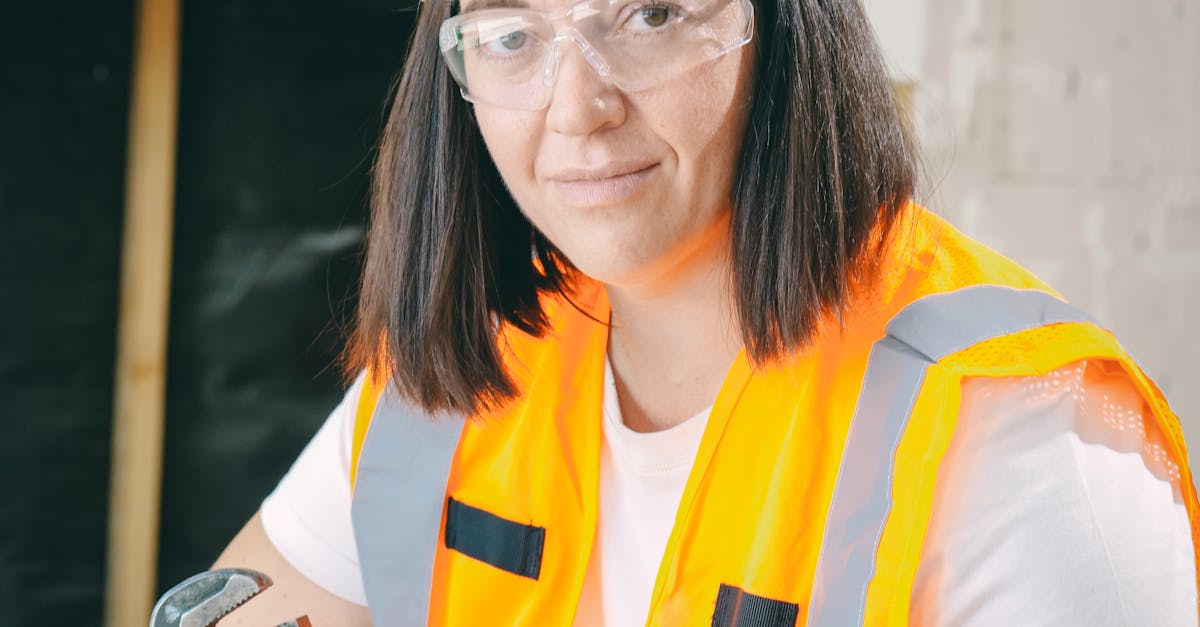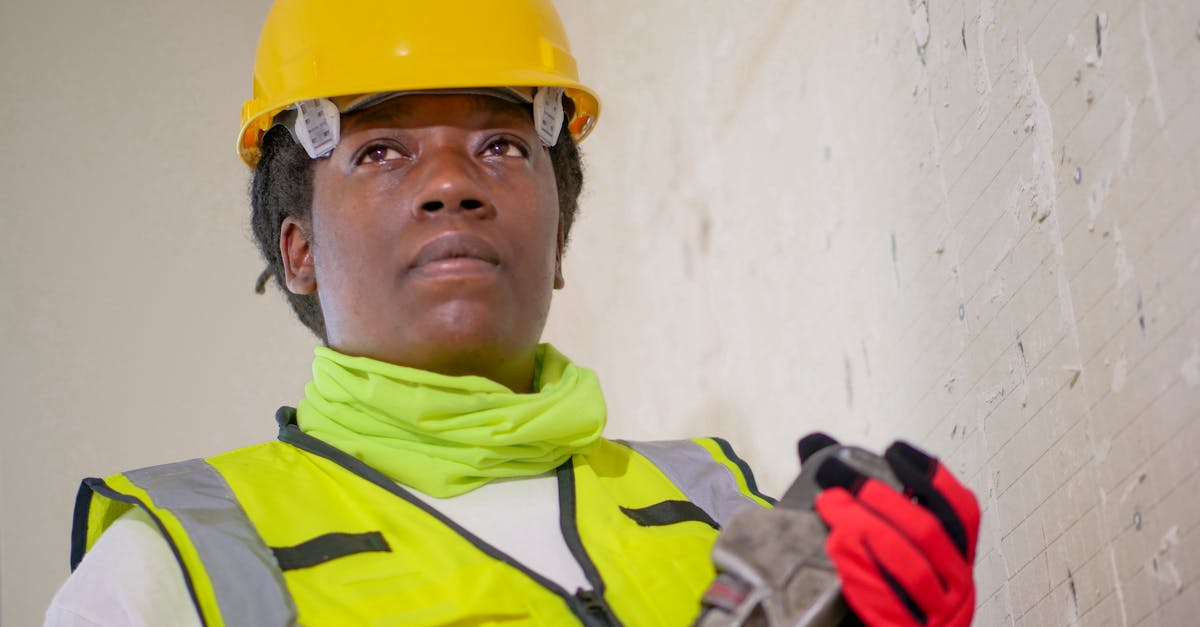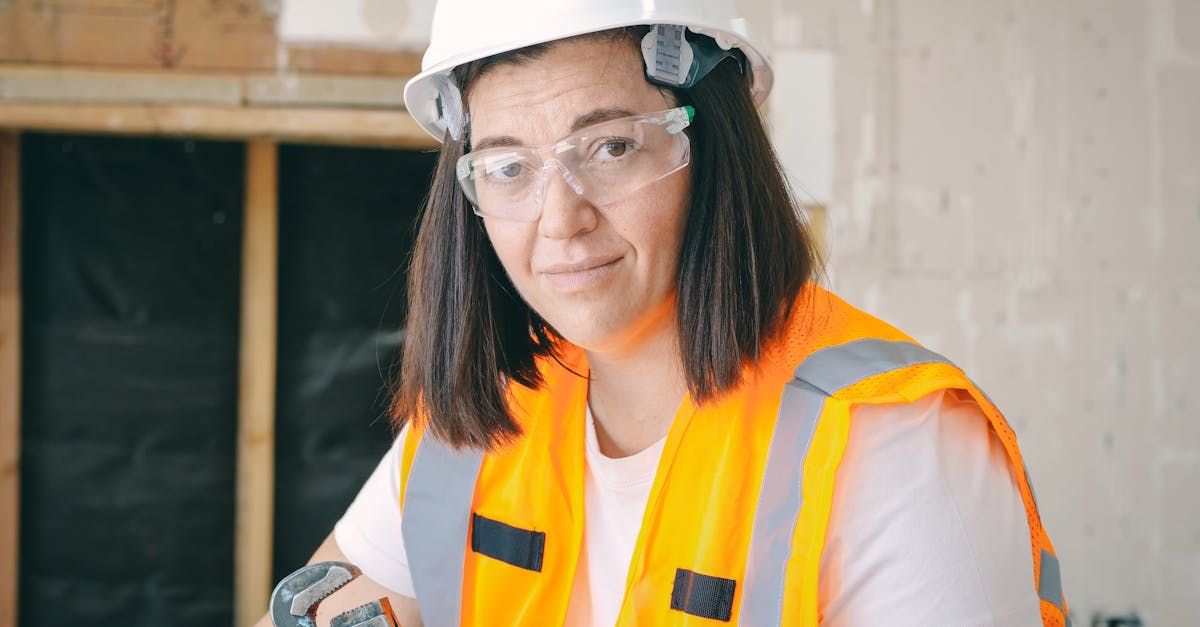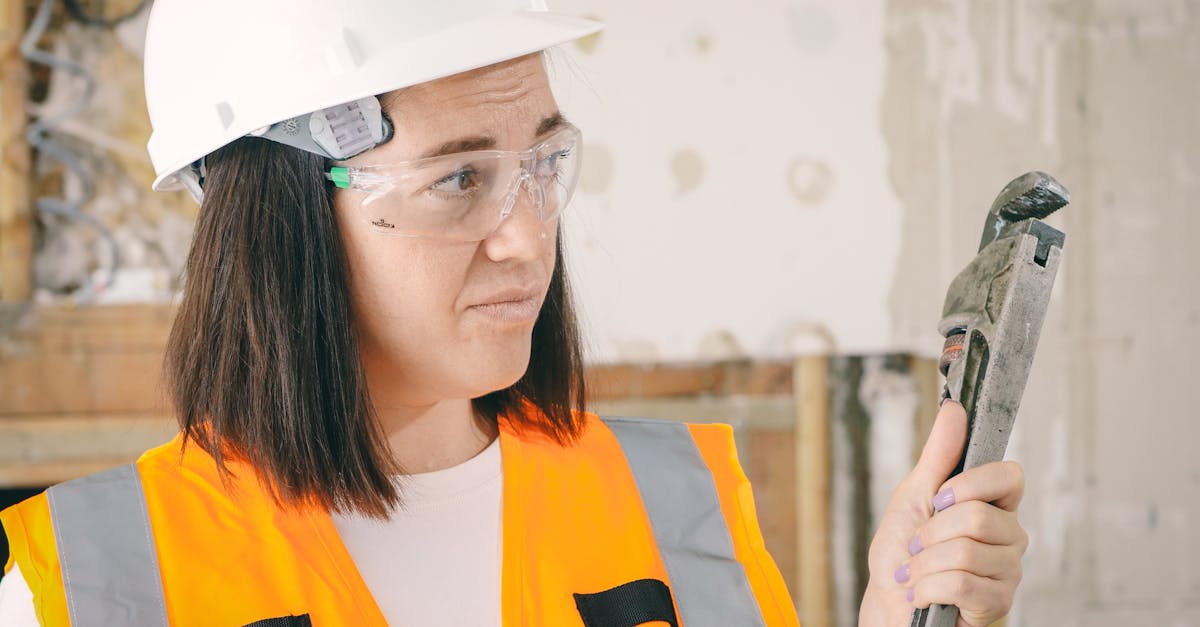
Table Of Contents
Advantages of Modern Water Heaters
Modern water heaters boast significant advancements in energy efficiency, which can lead to substantial cost savings over time. Many of these units utilise innovative technologies such as heat pumps and tankless systems. These designs reduce energy consumption effectively as they only heat water on demand. This efficiency is beneficial for both the environment and household budgets, contributing to a more sustainable living approach.
The longevity of modern water heaters also brings added advantages. Many models are constructed with durable materials and advanced components that extend their lifespan compared to conventional systems. As a result, homeowners can minimise the need for frequent water heater installation and repair services. This durability means reduced interruptions and lower overall maintenance costs, making them an appealing choice for many households.
Energy Efficiency and Environmental Impact
Modern water heaters offer significant advancements in energy efficiency compared to conventional models, contributing to reduced energy consumption and lower utility bills for households. Many contemporary systems utilise innovative technologies, such as heat pumps and tankless designs, which heat water on demand, ensuring that energy is used only when necessary. These enhancements lead to a smaller carbon footprint, aligning with global efforts to mitigate climate change and promoting a more sustainable approach to energy usage.
The environmental impact of modern water heaters extends beyond energy efficiency. By minimising waste and optimising performance, these systems can lessen the strain on local power grids and reduce greenhouse gas emissions. Homeowners considering water heater installation and repair can benefit from understanding these ecological advantages, as they not only contribute to a healthier environment but also encourage responsible consumer behaviour and long-term cost savings.
Disadvantages of Modern Water Heaters
Modern water heaters, while offering various advantages, come with certain drawbacks that potential buyers should consider. One key concern is the initial investment required for advanced models. These units often feature cutting-edge technology designed for improved efficiency and performance, yet the higher price point can deter homeowners looking for budget-friendly options. Additionally, the complexity of installation can lead to increased costs and time commitment. This can be particularly challenging for those who may not have prior experience with plumbing or electrical work.
Maintenance is another aspect that could pose problems for users of modern water heaters. Many of these systems require specific knowledge for effective service and repair. This can complicate the process and increase dependency on professionals, resulting in higher ongoing costs. For those needing assistance, water heater installation and repair may become essential. Without a user-friendly design, owners might struggle with regular upkeep or troubleshooting common issues, leading to frustration over time.
Initial Investment and Installation Complexity
Investing in modern water heaters often involves higher initial costs compared to conventional models. This price difference can stem from advanced technology and features designed to improve energy efficiency and performance. Homeowners must consider not only the cost of the unit itself but also potential expenses related to installation. Some modern systems require professional installation to ensure safe operation and optimal efficiency, contributing to the overall financial outlay.
Installation complexity can vary significantly depending on the type of water heater chosen. Some models may need specific plumbing configurations or electrical upgrades that add to the labour and material costs. Water heater installation and repair services are vital in this context, as skilled technicians can navigate these complexities, ensuring the system is set up correctly and functions as intended. Proper installation reduces the risk of maintenance issues down the line and enhances the longevity of the units.
Comparison of Efficiency
When analysing the efficiency of modern water heaters versus conventional models, several key factors come into play. Modern units, particularly tankless and solar options, often boast higher energy efficiency ratings. These systems heat water on demand or utilise renewable energy sources, resulting in lower energy consumption over time. Traditional storage heaters, while effective, may waste energy due to standby heat loss. This difference in operation can be significant in both residential and commercial settings, impacting overall energy bills and environmental footprints.
Water heater installation and repair also play an essential role in the efficiency comparison. The complexity of installation for modern systems can influence their effectiveness, as improper setup may lead to decreased performance. Regular maintenance and timely repairs are crucial for both types, ensuring they operate at peak efficiency. For homeowners, understanding these factors can assist in making informed decisions regarding which type of water heater best fits their needs and lifestyle.
Energy Consumption and Performance
Modern water heaters typically offer significantly improved energy efficiency compared to conventional models. They employ advanced technologies such as heat pump systems and tankless designs. This results in lower energy consumption and reduced operational costs over time. Homeowners can enjoy hot water on demand without the energy waste associated with keeping water heated in a tank, making these solutions increasingly popular.
Performance varies across different types of modern water heaters, affecting overall user satisfaction. Factors like flow rate and recovery time play crucial roles in ensuring that hot water meets household demands. During the decision-making process, consumers should consider both energy consumption and performance alongside professional services like water heater installation and repair to optimise their investment and operational efficiency.
FAQS
What are the main advantages of modern water heaters?
Modern water heaters offer several advantages, including improved energy efficiency, reduced environmental impact, and advanced technology features that enhance user convenience and performance.
How do modern water heaters impact the environment?
Modern water heaters are designed to be more energy-efficient, which means they consume less energy and produce fewer greenhouse gas emissions compared to conventional models, contributing to a lower environmental footprint.
What are the disadvantages of modern water heaters?
The main disadvantages of modern water heaters include a higher initial investment cost and potential installation complexity, which may require professional assistance and additional modifications to your home’s plumbing or electrical systems.
How do conventional water heaters compare in efficiency to modern water heaters?
Conventional water heaters generally have lower efficiency ratings compared to modern water heaters. While they may be less expensive upfront, they tend to consume more energy over time, leading to higher operational costs.
What factors should I consider when choosing between conventional and modern water heaters?
When choosing between conventional and modern water heaters, consider factors such as initial cost, energy efficiency, installation requirements, long-term savings on utility bills, and your household's hot water usage needs.





























